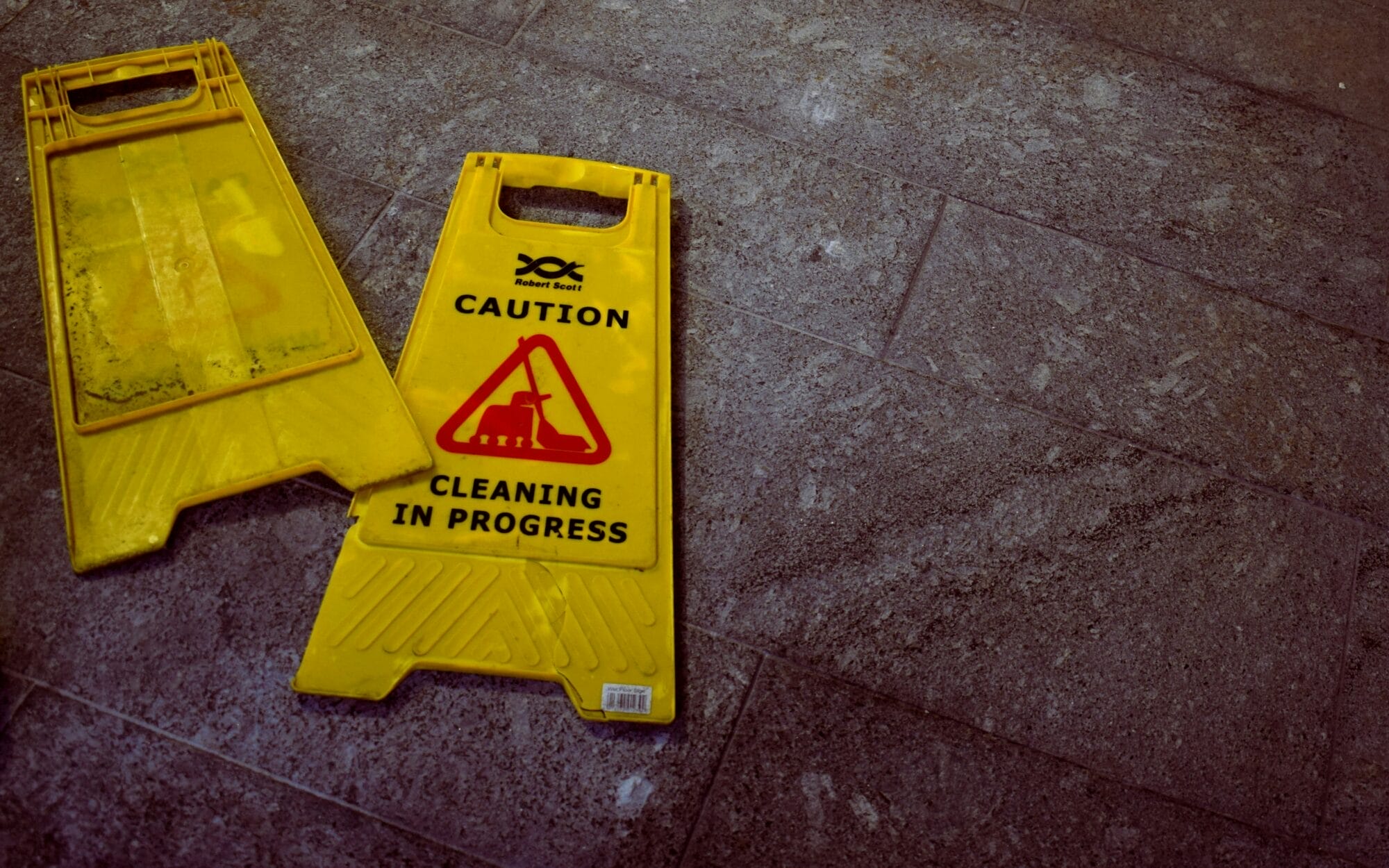Social media is part of the fabric of our lives. For many people, it’s a wonderful way to connect with family and friends. But if you have a pending workers’ compensation case, social media posts can hurt your claim. Read this explanation from our Richmond workers’ comp attorneys to understand how that can happen and what you should do to prevent undermining your claim by posting on social media.
Social Media Evidence in a Workers’ Compensation Case
When you file a workers’ compensation claim, your employer and their insurance company go to great lengths to gather all the information they can, in the hope of denying or minimizing your benefits. As with any type of injury case, relevant evidence may include anything you — or your family or friends — post on social media.
The insurance company scours the internet to identify your social media accounts, as well as accounts of your friends and family. They want to find posts by or about you that they can use to diminish your case, even if that means taking the post or photo out of context. If they find any posts relating to your injury, activities inconsistent with your claim, ability to work, or other aspects of your case, they may use the posts to contradict statements in your claim.
In some cases, the company may even use the discovery process to try to obtain information from you about private social media accounts. If that happens, your lawyer will vigorously oppose the requests. The Virginia Workers’ Compensation Act does not give the insurance company unlimited access to your social media. The insurer must meet the burden of proof required before they can force you to turn over content from social media.
The Virginia Workers’ Compensation Commission has stated that an insurer must demonstrate that social media content is sufficiently material to the case to overcome a claimant’s reasonable expectation of privacy, in the event the insurer files a discovery request. The mere potential that admissible evidence might be discovered is not enough to justify requiring a claimant to turn over personal content. Requests that violate the claimant’s privacy and are untargeted and overbroad may be denied by the Commission on this basis.
How to Prevent a Social Media Catastrophe
The best way to prevent issues from social media posts is for you to stay away from social media completely while your case is pending. You should suspend or delete your accounts until your claim is completely resolved. You should ask your friends and family not to post anything about you as well. Your lawyer may give you this advice early on during representation.
In the very least, you should make all your social media accounts private, and limit the people who can access them. Deleting posts is not a viable approach to preventing social media damage, because even deleted posts can still be found on the internet. Trying to hide posts by deletion can backfire and cause issues in your case, because you may be viewed as destroying evidence.
If you need to continue posting for a good reason, such as your children’s activities, there are some clear rules to follow. Generally, you should not post any content about your case, your injury, or your employer. Specifically, you should avoid posting any content or photos relating to your accident, injuries, treatment, and recovery. Make sure you tell your friends and family to avoid posting anything about you as well.
Even seemingly innocent content can provide evidence that contradicts your claims, especially since the insurer can take posts completely out of context. Photos of you enjoying a vacation, engaging in activities with friends or family, or doing anything that can be characterized as inconsistent with your injury claims can cause a problem in your case.
You also should avoid making any comments about your employer, the insurer, or work-related issues. Complaining about the process or about how you are being treated can make the claim process more complicated. Likewise, you should not make statements about how you are going to benefit financially from your claim, or how your lawyer is helping you prevail over your employer and insurance company. Quite simply, do not make any statements on social media about anything related to the case.
Schedule a Free Consultation with our Experienced Virginia Workers’ Compensation Attorneys
If you received an injury at work and do not have legal representation, our trusted Virginia workers’ compensation attorneys at Renfro & Renfro are here to help you. We assist injured workers throughout every step of the claim process. We invite you to contact us for a free consultation.






